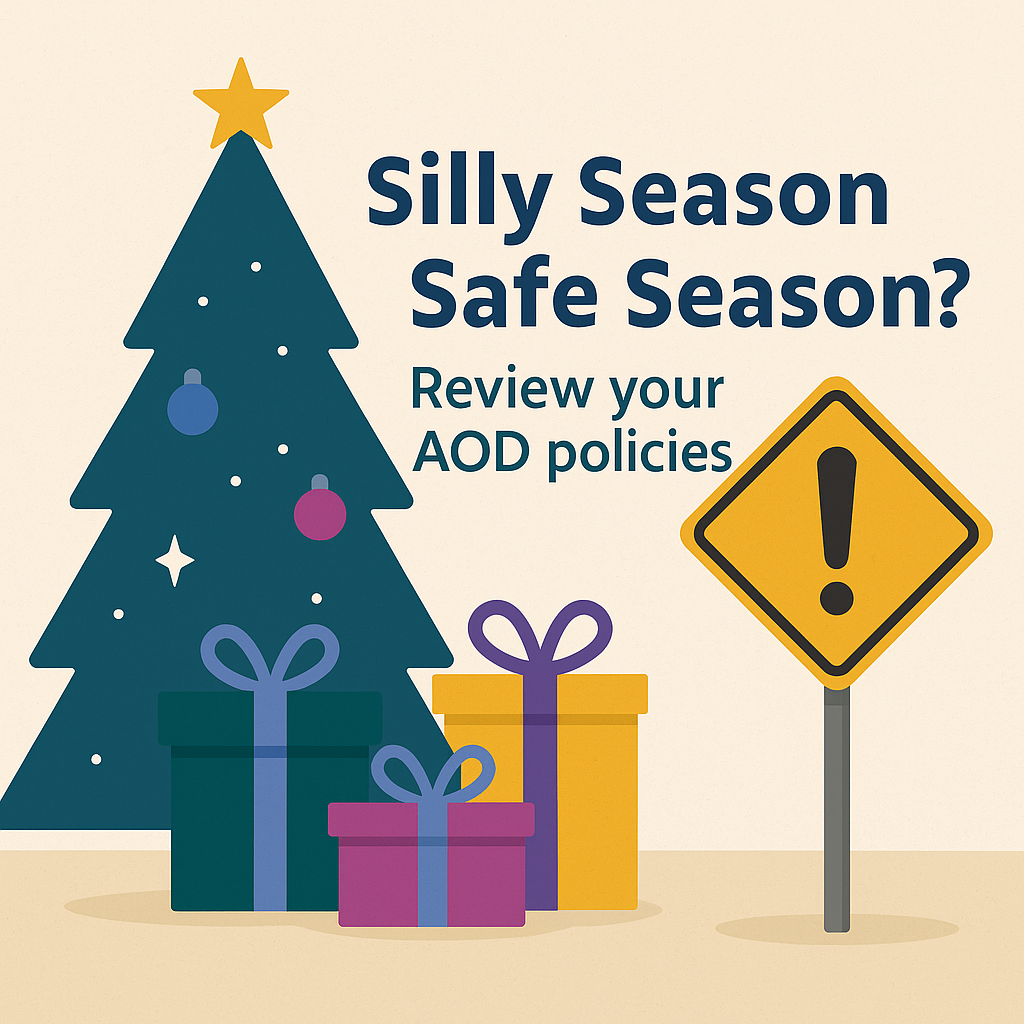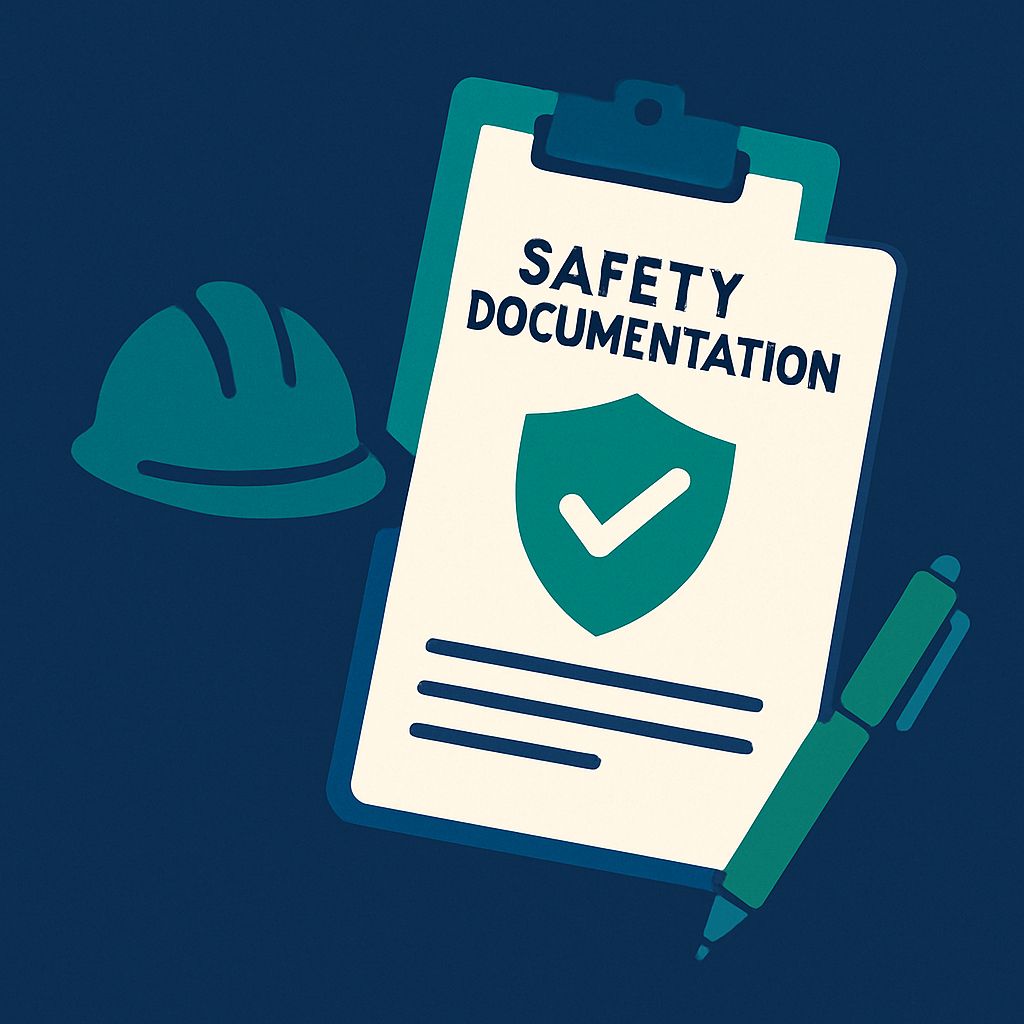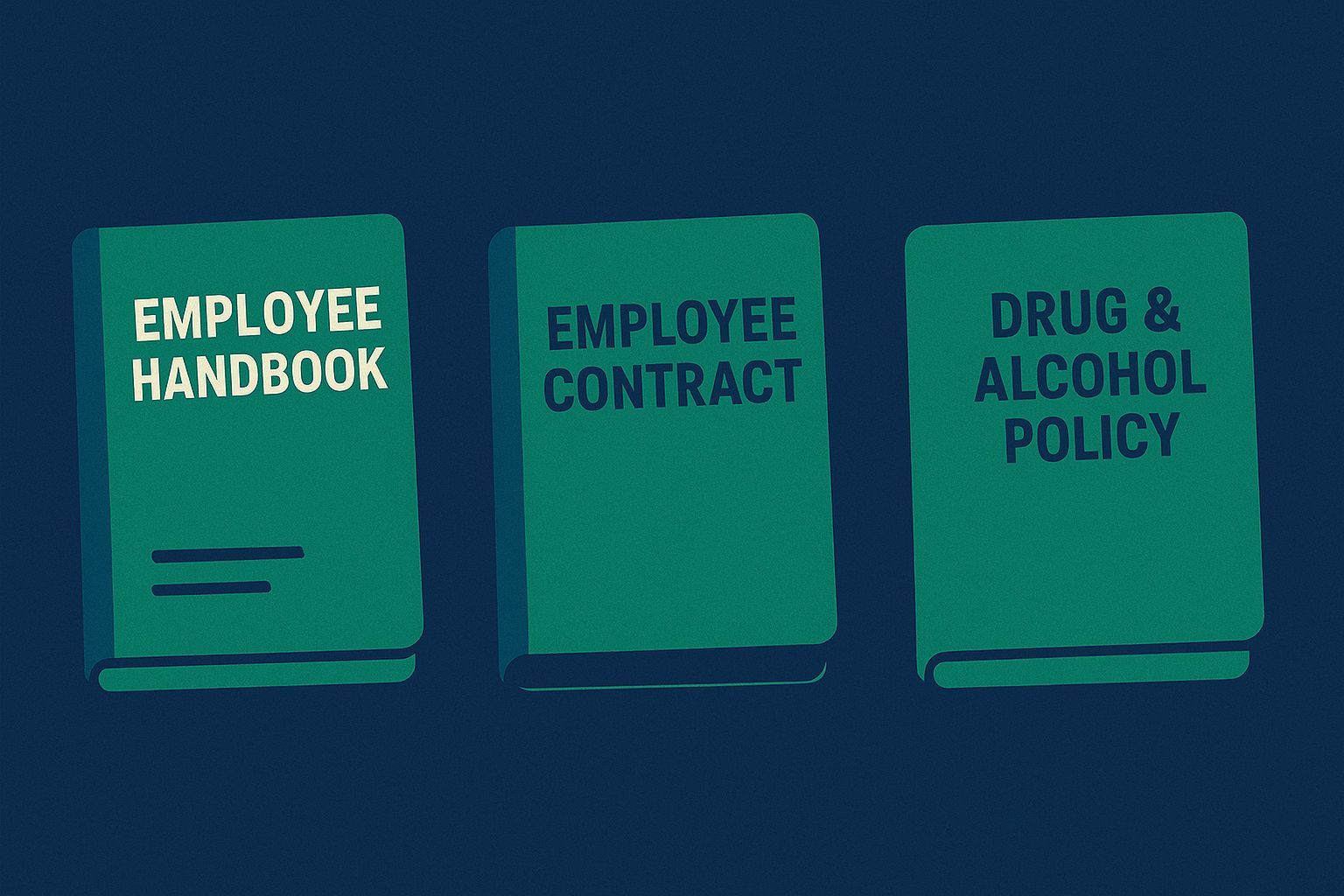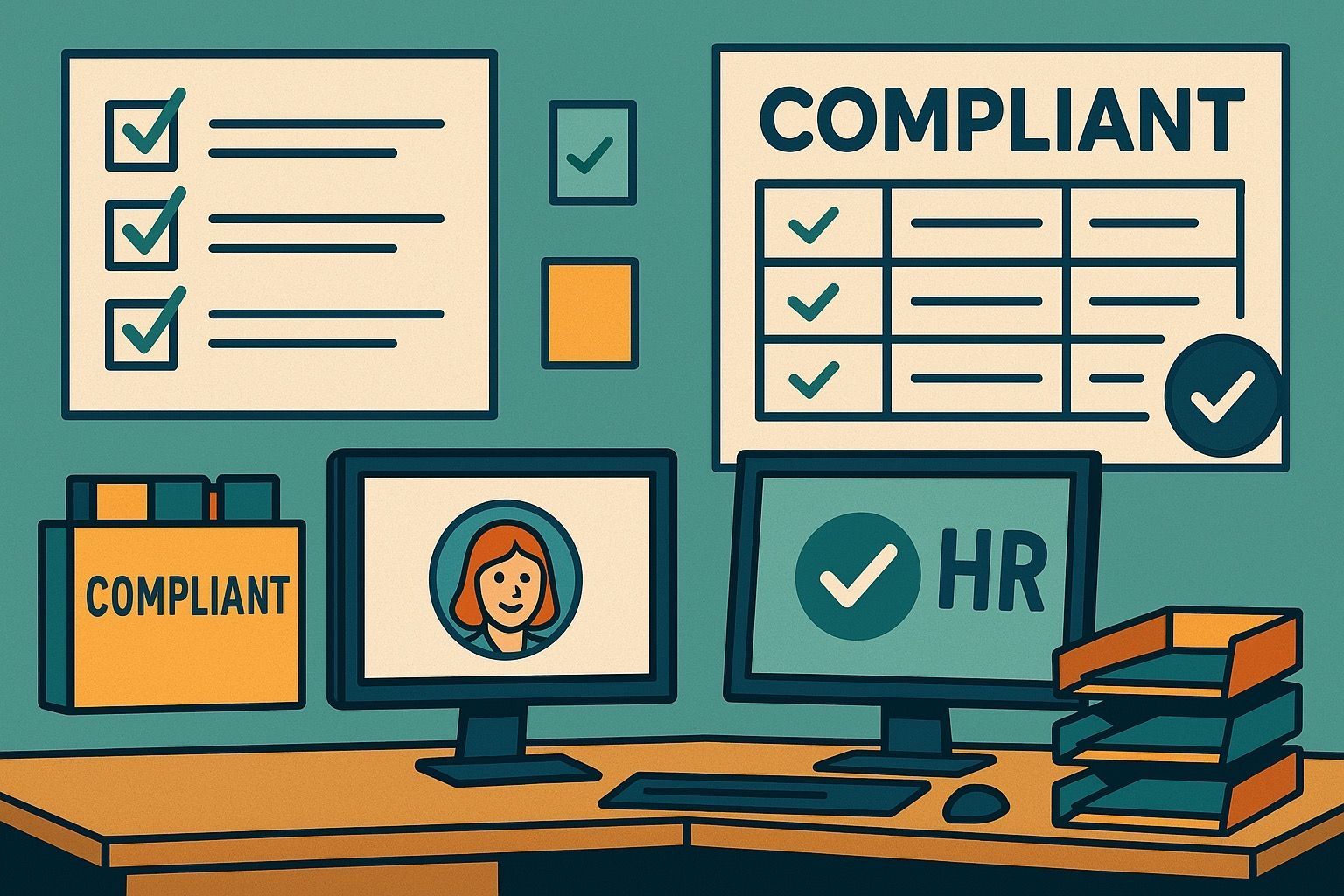As 1st July 2025 fast approaches - Here's some key WHS & HR updates you should know about
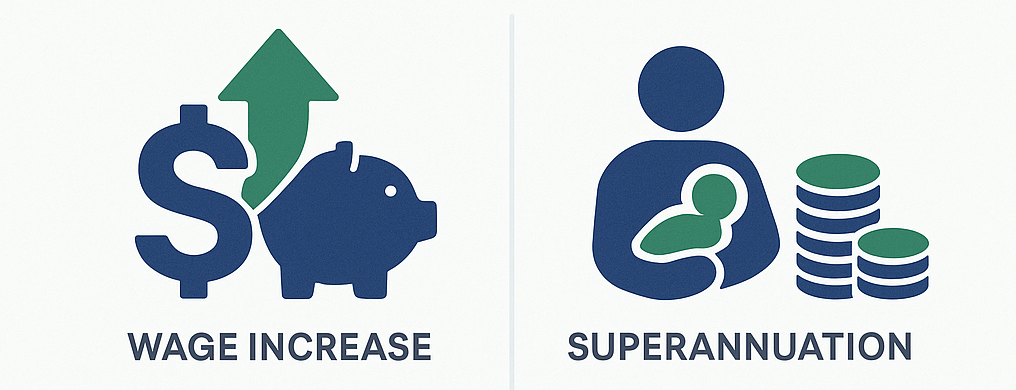
The new financial year brings a host of important changes for Australian businesses, especially in the areas of Work Health & Safety (WHS) and Human Resources (HR). Here’s a practical summary of what you need to know and do to stay compliant and competitive.
National Minimum Wage Increase
From 1 July 2025, the National Minimum Wage will rise by 3.5% to $24.95 per hour (or $948 per week). This increase applies from the first full pay period on or after 1 July 2025. If you pay award rates, check for updates to ensure all employees are paid correctly. If you pay above award rates, now is the time to do the BOOT, this is a critical compliance step for HR and payroll teams.
Superannuation Guarantee Rate Rises to 12%
The superannuation guarantee rate will increase from 11.5% to 12%. This is the final scheduled increase, and it applies to all salary and wages paid on or after 1 July 2025—even if the pay period started before that date. Update your payroll systems and notify your employees.
Paid Parental Leave Superannuation
From 1 July, the ATO will pay superannuation on government-funded Paid Parental Leave. This is a significant step for gender equity and long-term financial security for parents. Employers should update their policies and communicate this benefit to staff.
New Rules for Casuals and Fixed-Term Contracts
Casual employees now have a clearer pathway to request conversion to permanent employment after 6 months (12 months for small businesses). There are also stricter limits on rolling over fixed-term contracts. Review your contracts and workforce planning to ensure compliance.
WHS: Psychosocial Hazards and Digital Safety
WHS laws are evolving to require businesses to manage not just physical risks, but also psychosocial hazards like stress, bullying, and mental health. Digital tools for hazard identification and compliance tracking are becoming standard. Update your WHS policies and training to reflect these changes.
Other Notable Changes
- Business and company registration fees are increasing slightly.
- Skilled visa income thresholds are rising by 4.6%.
- Energy bill rebates of up to $150 for eligible small businesses.
- New procurement sustainability requirements for government suppliers.
- Tax deduction changes: You can no longer claim a deduction for ATO interest charges incurred on or after 1 July 2025.
- Right to Disconnect for Small Businesses will come into effect from 26 August 2025.
What Should You Do Now?
- Review and update all employment contracts and payroll systems.
- Communicate changes to staff, especially around pay, super, and the right to disconnect.
- Update WHS and HR policies to address new legal requirements.
- Train managers and HR staff on the new rules.
- Seek professional advice if you’re unsure about compliance.
Staying proactive will help you avoid penalties and build a safer, fairer, and more attractive workplace.
Need more Info? Head over to Business.gov.au and Fair Work Ombudsman for all the details.



